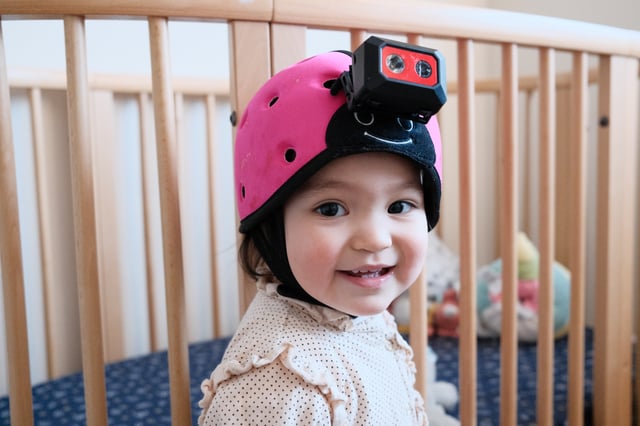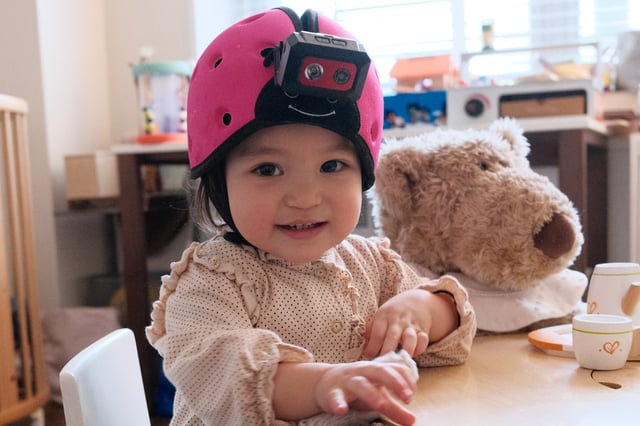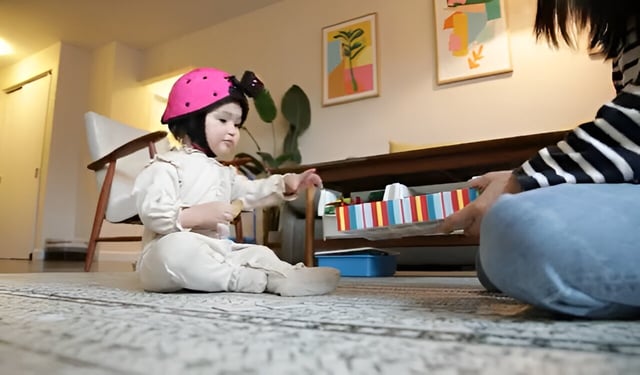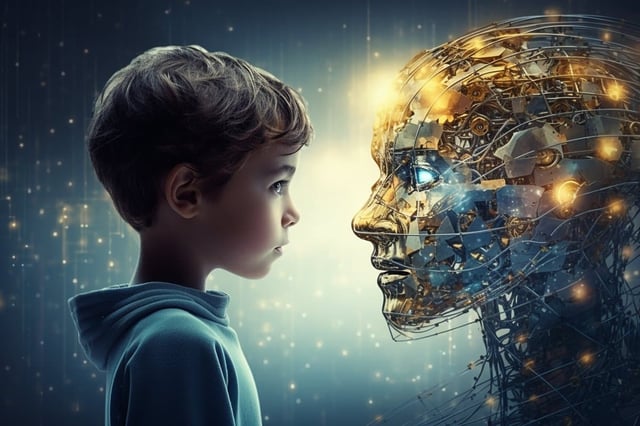Overview
- A groundbreaking study published in Science reveals that a simple AI model, trained with footage from a baby's head-mounted camera, began to learn words, challenging traditional views on language acquisition.
- The AI model's success in identifying objects from a baby's perspective suggests that associative learning, without innate language abilities, may be sufficient for early word learning.
- Researchers from New York University utilized over 60 hours of footage from a baby named Sam, capturing his interactions with the world, to train the AI model.
- The study's findings could have significant implications for future AI development, indicating that models learning in ways similar to human infants might be possible.
- Despite its achievements, the AI model's capabilities still fall short of a child's, highlighting the complexity of human language learning.



